We are really proud to have assembled an amazing team of independent advisors to help guide and steer us as we move ahead on our exciting journey. The scale of what humanity is trying to achieve in combating climate change is almost unfathomable to most people. We need to undo centuries of damage to the environment.
Our Science Advisory Board is a group of people we and the academic community respect and listen to. They are wonderfully diverse in their field of origins, and particularly awesome at what they do. They also have different perspectives and experience from us, which is really important. And they have all willingly agreed to help us out because they believe in us, what we are doing and what needs to be done.
Introducing our team of advisory experts:
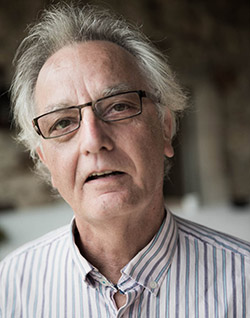
Professor Andy Watson FRS
Andy is a marine & atmospheric scientist and is arguably the world’s most renowned expert in processes affecting atmospheric carbon dioxide and oxygen concentrations. Currently a Professor at the College of Life and Environmental Sciences at the University of Exeter, Andy was a PhD student of James Lovelock, originator of the Gaia hypothesis of Earth regulation. He and Lovelock introduced the Daisyworld model in 1983, showing how ecological competition between hypothetical “daisies” could affect planetary albedo and regulate environmental temperature. Andy subsequently developed a priori models for the regulation of atmospheric composition through geological time, as well as pioneering the techniques for tracking ocean water bodies using tracers such as sulphur hexafluoride and perfluorodecalin. Applying these techniques to measure the slow mixing vertical rates in the ocean, trace the movement of patches of surface water and iron fertilisation experiments, Andy’s work has revolutionised our understanding of ocean biogeochemistry.
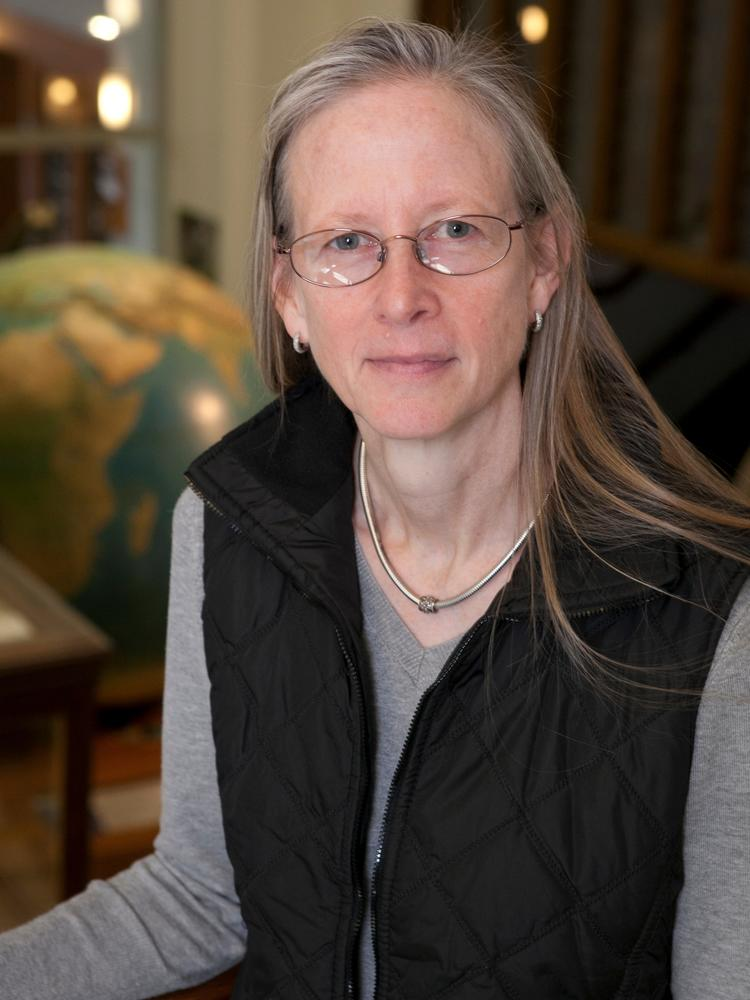
Professor Bess Ward
Bess is the William J. Sinclair Professor of Geosciences, and previous Chair of The Department of Geosciences, at Princeton University. She is a biological oceanographer whose work unites the fields of microbiology and geochemistry. She is known for her sustained and substantial influence on the field of marine microbiology over the course of her career.
Bess’ research centres on the biogeochemistry of nitrogen in the marine environment, with nitrification as a major and continuing theme in her work. Nitrification is a topic that has seen many important developments in recent years, and Bess continues to make strides in this area through the study of nitrogen cycling in low-oxygen regions of the world ocean.
Bess’ other research interests include methane oxidation and nitrogen utilization by phytoplankton. Her signature approach combines biogeochemical approaches, typified by the use of stable isotopes to quantify the rates of nitrogen cycle processes, with molecular biological methods in order to link the rates of important transformations with the microbes that are responsible for them.
Bess was the first woman and the youngest person to receive the G. Evelyn Hutchinson Medal from the American Society of Limnology and Oceanography. She is a fellow of the American Academy of Arts and Sciences, the American Geophysical Union and the American Society of Microbiology. She has also been recognized with the Procter & Gamble Award in Applied and Environmental Microbiology from ASM, Who’s Who in American University Teachers, and the Rachel Carson Award Lecture of the AGU. Bess is never happier than when she is at sea on research cruises and expeditions, conducting research (and sometimes teaching remotely) while on the ocean for days to weeks at a time.
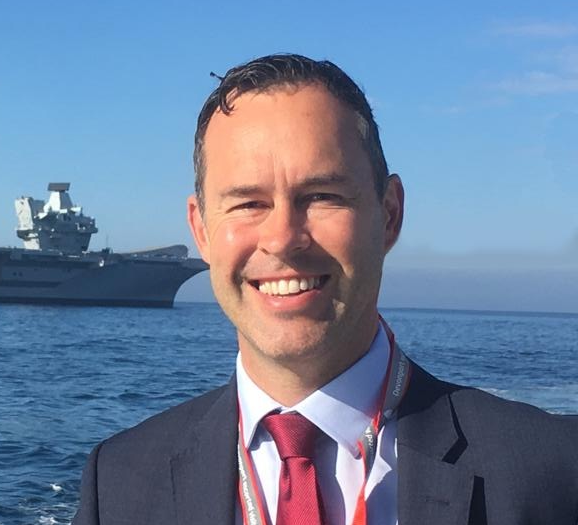
Professor Tom Scott
Tom is a Professor of Materials Sciences and Director of the Interface Analysis Centre at the University of Bristol. He is also founder and Executive Co-Director of the South West Nuclear Hub. He is an accomplished leader both in academia and industry and was recently awarded the distinguished Royal Academy of Engineering Research Chair in fusion energy.
As a well proven innovator, he is cofounder of several companies including Imitec (Autonomous Airbourne Systems, Remote Isotopic Analysis Systems), Arkenlight (Environmental Sensor Pods, Beta Batteries, Diamond Gammavoltaics) and Bristol NanoDynamics (High Speed Atomic Force Microscopy). He was part of the team that won the Royal Academy’s ERA foundation award in 2014 for his Advanced Airborne Radiation Monitoring (AARM) system and won the 2015 UKSAF Vickerman prize by using iron nanoparticles to remediate environmental contaminants. His research has been funded by EDF, UKAEA, Sellafield, NNL, EPSRC, NERC and STFC to name just a few.
Tom understands the challenges of developing, enabling and deploying novel technologies and will use this insight to help Seaweed Generation with capability development on remote sensing, automation, robotics and environmental monitoring.
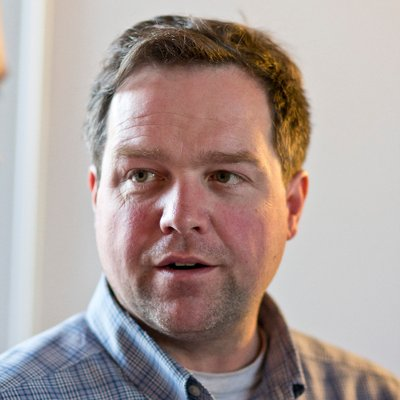
Professor Willie Wilson
Willie is a marine biologist with over 30 years’ research and management experience. Currently in his dream job as Director of The Marine Biological Association of the United Kingdom, Willie is passionate about encouraging marine biology enthusiasts to lend their voice to the most pressing environmental issues on the planet. Willie has a Marine Biology/Biochemistry degree from Bangor University, PhD from University of Warwick, and has held positions at Plymouth Marine Laboratory, Bigelow Laboratory for Ocean Sciences (USA), and Sir Alister Hardy Foundation for Ocean Science (SAHFOS).
As a self-confessed ‘virus evangelist’, Willie’s personal research interests focus on the multiple roles of marine viruses “lubricants of the great engines of planetary control”, as well as their bacterial, algal and fungal marine hosts. Willie has a particular passion for studying the interactions between viruses and phytoplankton, with an emphasis on understanding the genetic, ecological and evolutionary consequences for oceanic life. In short, why are viruses essential for life, as we know it! Willie’s world-leading research has contributed to over 130 publications. His favourite sport is curling and he spends a lot of time hiking on Dartmoor (though not at the same time!).

Professor Daniel Mayor
Daniel is a Marine Biogeochemist who examines how ocean biology influences global climate and the provisioning of food security. He studies how organisms interact with the cycling of carbon and nitrogen in the context of environmental change and aims to deliver unifying theory that will enable earth system models to better predict global biogeochemical cycles.
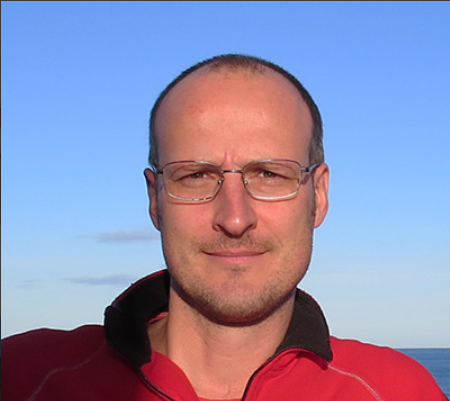
Dr. Giorgio Dall'Olmo
Giorgio is an Earth Observation Scientist whose research focuses on improving our understanding of the ocean carbon cycle and ocean ecosystem dynamics. One of the main thrusts of Giorgio’s work is to devise methods to estimate ocean carbon cycle and ecosystem variables by exploiting optical observations: from space, ships and autonomous vehicles! Bridging the gap between disciplines with ease, Giorgio integrates remote sensing, oceanography, radiometry and spectrometry techniques to answer fundamental questions on productivity, ocean particles, nutrient stress and biogeochemical cycles. Giorgio was responsible for kick starting (in 2013) and leading (2013 - 2022) the UK component of the international Biogeochemical-Argo programme that aims to add biogeochemical sensors to the well known Argo programme.
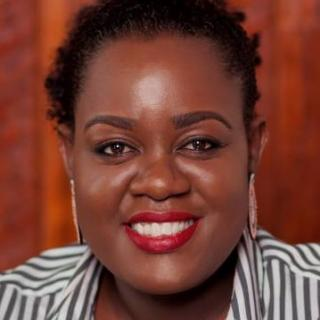
Arica Hill
Arica is an Antiguan environmentalist presently serving as the Executive Director of the Environmental Awareness Group in her home country. A recipient of an Australian Leadership Award, Arica holds a Masters in Environmental Management (Sustainable Development) and later went on to complete a Fellowship at the United Nations Framework Convention on Climate Change. Arica has been working in the environmental field for more than a decade and championed the Plastic Bag Ban in Antigua and Barbuda. She believes strongly that real change comes through communication, and desires to see not just the sustainable use of natural resources, but an appreciation for them as well.